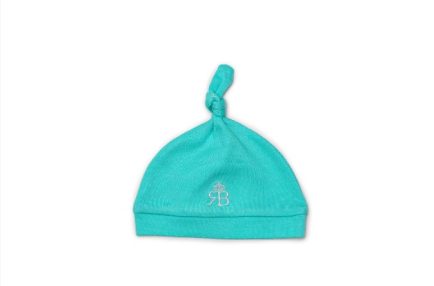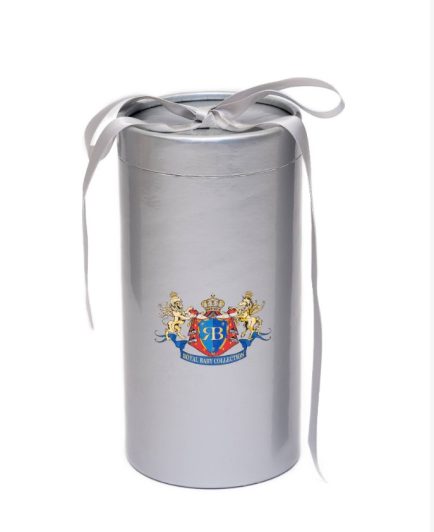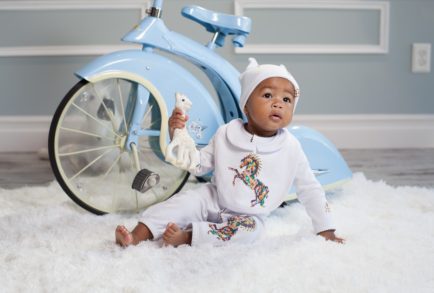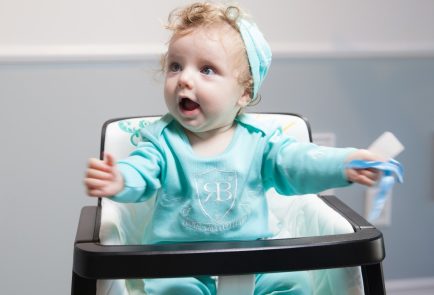Looking after your baby in the heat of summer is not so different than caring for her in other seasons. There are however some things to keep in mind that will help your baby stay healthy and comfortable. Your baby is likely to sweat a lot in the heat. This doesn’t necessarily mean you need to bathe hermore often. But giving her more frequent baths, if she enjoys them, can be a good way to cool her down. Don’t use cold water, use water that feels warm but not hot to your skin when you dip your elbow or the inside of your wrist in it. If you have a bath thermometer, the ideal bath temperature is believed to be 38 degrees C, which is almost the same as body temperature.
When bathing your baby, take special care to wash her neck, underarms and other visible folds in her skin and to dry them well afterwards. When your baby sweats a lot, the sweat glands can become trapped beneath the skin. This means that the skin can get irritated and develop a rash. If you do want to use extra baths to keep your baby cool, you probably don’t need to use a cleanser on her more than once a day. Just let her enjoy the water for no more than five to 10 minutes at a time. If you feel that your baby’s skin is getting dry, reduce the number of baths and see if that helps.
There is no harm in using oil to massage your baby in summer as long as you choose one that is suitable for your baby’s delicate skin, and that you wash it off well in her bath. Oil that stays on the skin for a long time can block sweat pores, making it harder for the skin to “breathe” and increasing the likelihood of skin rashes such as prickly heat rash. If your baby has dry skin or eczema, apply a suitable baby moisturising cream or lotion on her skin after the bath. Experts advise only using enough cream or lotion to leave a glisten on the skin.
You can use talcum powder on your baby as long as you apply it correctly. Dab it onto your hand away from your baby so that there is no chance of her inhaling any powder. Then apply it to the folds of your baby’s skin. Many believe powders help absorb sweat and so keep babies dry reducing the risk of a heat rash. There isn’t a lot of research about this, and some of it is conflicting. Some doctors think that using talcum powder can help to prevent and treat mild cases of heat rash, whereas others believe that talcum powder could make it worse, by clogging the sweat pores.
Observe your baby’s skin well and if she develops a rash in the areas you apply the talcum powder, stop using it and consult your doctor. Keep in mind that there can be a number of causes for a rash and the talcum powder may or may not be the cause. Keep your baby cool and comfortable in loose fitting cotton clothing that lets her skin breathe. When it gets extremely hot some mothers leave their little ones in a vest or singlet through the day.
Keep a watch on your baby if you are not sure how much to dress her. The rule of thumb is to dress her with one more layer of clothing than you are using. If however she looks like she’s hot, remove a layer. Your baby can easily sweat and lose fluids from being over dressed or feeling too warm. Overheating can lead to dehydration.
So watch for signs that your baby is getting too hot. These signs include:
- sweating
- damp hair
- flushed cheeks
- heat rash
- rapid breathing
To keep your baby comfortable as she lies down, place a cotton cloth under her first, especially if you are putting her down on a surface made from synthetic material that might trap heat in the skin and make your baby sweat more. Have several cotton cloths handy so that you can change the cloth if your baby spits up or drools on it. Cover when necessary her pram, play mat, car seat or rocking chair. Cotton fabric tends to absorb sweat and keep a baby cooler than synthetic fibres. Some surfaces of baby equipment have absorbent fabric lining but others don’t.
Use a summer hat to protect her head and face when you step out. Use sunscreen to protect her from the sun’s harmful rays, if she is over six months. Babies under six months should be kept out of the sun. If there are mosquitoes in your area then keep your baby’s arms and legs covered with clothes made from light coloured, breathable materials, like cotton.
Your baby’s immune system is developing. This makes her vulnerable to pick up infections easily. Luckily, your breastmilk carries antibodies to your baby, helping her to fight off common germs and viruses. Formula milk doesn’t contain any antibodies. So if you are formula feeding your baby, take extra precautions to ensure that you sterilize any equipment your baby puts in her mouth, or that you use in making her feeds or feeding her. If you are worried about your baby’s health at any time, speak to her doctor and make an appointment. Whether you are formula feeding or breastfeeding, the extreme heat in summer can make babies more prone to:
Prickly heat rash
A baby’s sweat glands are still developing and so they are more prone to a heat rash than adults. To protect your baby, ensure she is not dressed too warmly.
It’s a common belief that newborns (and new mothers) need to stay warm. Overdressing your baby can cause a heat rash as her body will sweat more to keep her cool. Learn more about causes and treatment of prickly heat rash. If your baby develops a rash, always show it to the doctor to learn the cause.
Young babies can get dehydrated very quickly, especially if you take her out of home in the heat. If you’re breastfeeding, you don’t need to give your baby extra water in the summer to prevent dehydration. Just feed her every time she asks for it. Feeding more often will give your baby more of the watery foremilk that will keep her cool and hydrated.
Formula fed babies might need extra water in the peak of summer. Don’t dilute your baby’s feeds. When making her milk, always respect the recommended doses. However, you can offer her some boiled and cooled water in between feeds. Just ensure she still gets her recommended amount of formula in the day and that the water supplements and doesn’t replace these. Learn more about signs and treatment of dehydration.
Heat stroke
A heat stroke is caused by getting too hot. It is a serious condition that needs immediate attention. To prevent it, ensure your baby isn’t overdressed and that she’s getting enough fluids. Learn more about the symptoms and treatments of heat stroke.
Viral infections
Viral infections are common throughout the year and summer is no exception. Breastfeeding is the best way to support your baby’s immune system, but also try to keep people with flu like symptoms away from your baby. If anyone in the house has a viral, ask them to wash their hands with soap regularly and keep your baby away from them until their symptoms have cleared. If your baby does get ill, take her to the doctor. According to her weight, the doctor will prescribe the right dose of paracetamol that will help soothe her aches and help bring down her fever.
Original article: https://www.babycenter.in/a1051200/caring-for-your-baby-in-summer































Comments